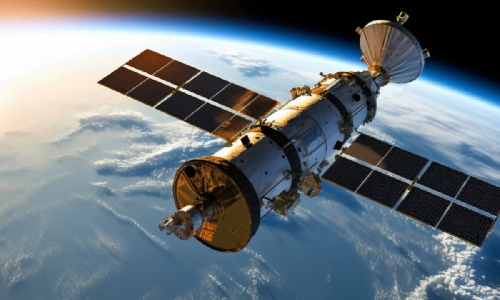In a significant leap towards strengthening its space security, India has established a comprehensive Space Situational Awareness (SSA) network under an initiative known as “Project NETRA.” Developed by the Indian Space Research Organisation (ISRO), this cutting-edge system is an early warning network designed to track space debris and other potential hazards to Indian satellites in real-time, greatly reducing the nation’s reliance on foreign data.
Project NETRA, an acronym for NEtwork for space object TRacking and Analysis, is a crucial step towards giving India an independent capability to monitor, catalogue, and predict the movements of objects in orbit that could endanger its valuable space assets. Previously, India largely depended on information provided by the North American Aerospace Defense Command (NORAD), a joint initiative of the U.S. and Canada. However, with this indigenous system, India gains a higher level of autonomy and security.
The network is comprised of a host of advanced facilities, including:
- Radars and Optical Telescopes: A network of connected radars and high-altitude optical telescopes, such as a multi-object tracking radar in Sriharikota, can detect and track objects as small as 10 cm in diameter at a range of up to 3,400 km.
- Data Processing and Control Center: The central nervous system of NETRA is its control center, located in Bengaluru. This facility ingests data from various sensors, correlates orbits, predicts potential collisions, and issues timely alerts to Indian satellite operators.
- Enhanced Surveillance: While the primary focus is on safeguarding satellites from space debris, the system also has a significant military application. It adds a crucial layer to India’s overall security, acting as a force multiplier by providing an unstated early warning capability against missile threats or hostile activities in space.
The establishment of Project NETRA is part of a broader national strategy to enhance India’s space defense and contribute to the global effort of mitigating space debris. With the growing number of satellites in orbit, the risk of collisions has become a major concern for all spacefaring nations. ISRO’s new system not only protects its own fleet of over 50 operational satellites but also positions India as a key player in international collaboration on space sustainability. The project is a testament to the country’s growing technological prowess and its commitment to ensuring a safe and secure space environment for future missions.







